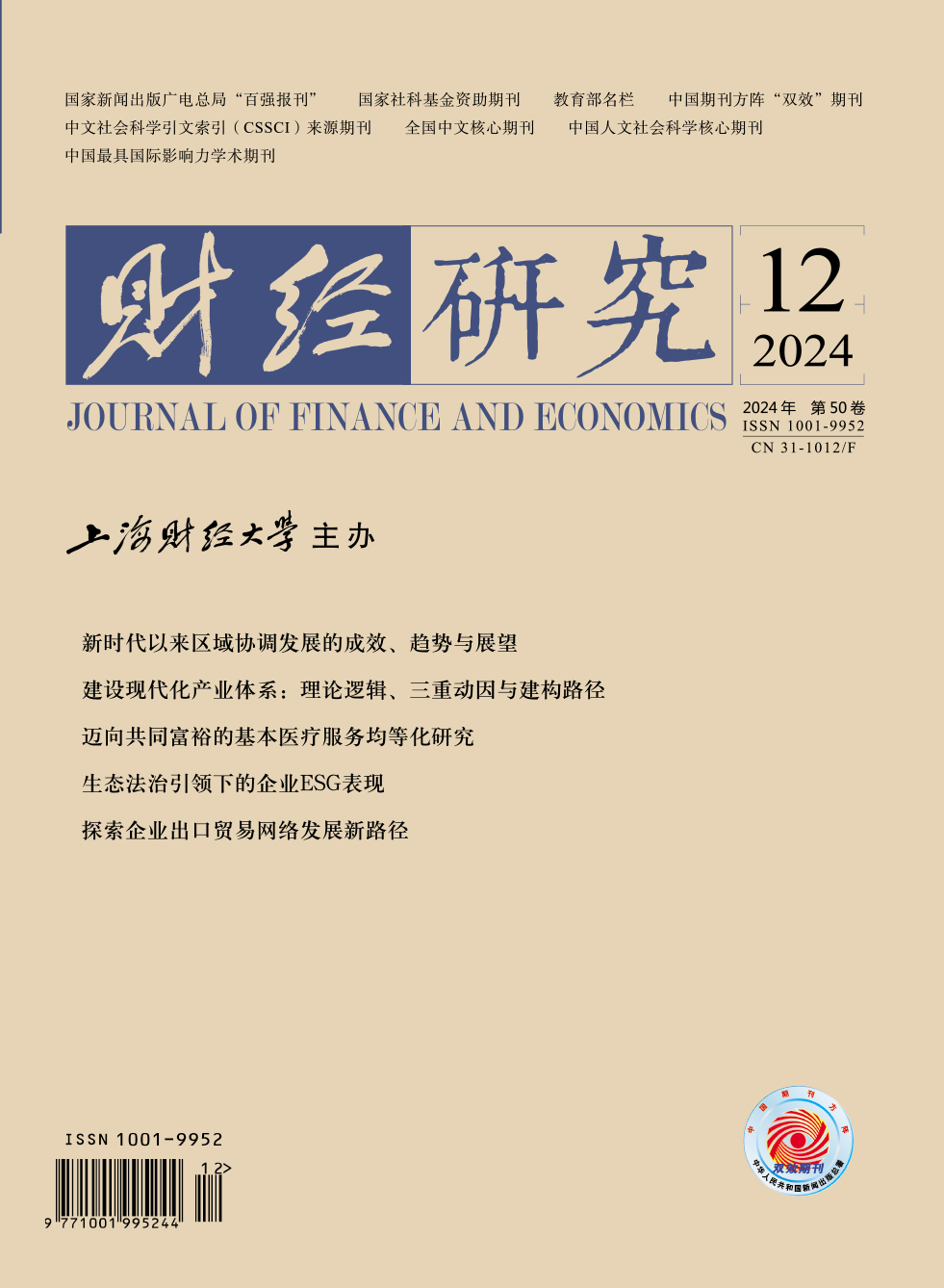The digital transformation of firms is significantly affected by the transmission effect of supply chains. What impact does the outward foreign direct investment (OFDI) of upstream and downstream firms in the supply chain have on focal firms’ digital transformation? From the perspective of customer-supplier relationships, this paper adopts the empirical data from listed companies from 2007 to 2020 and finds that the OFDI of downstream customer firms stimulates focal firms’ digital transformation, whereas the OFDI of upstream supplier firms tends to restrain it. Group regression results, sorted by customer-supplier positions in the supply chain, indicate that suppression on innovations by upstream suppliers with monopolistic advantages is more direct; conversely, the innovation spillover effect of downstream customer firms’ OFDI appears to be incremental. The spillover effect of supply-chain firms’ OFDI on focal firms’ digital transformation is more explanatory for private firms, firms in coastal cities, and those in the digital sector. Compared to overseas acquisitions, the spillover effect from greenfield investments by supply-chain firms on focal firms’ digital transformation is more significant and explanatory. Mechanism testing shows that the OFDI of downstream customer firms promotes digital transformation through demand-driven incentives, such as knowledge spillover, product upgrading needs, and supply-chain “peer” incentives. Meanwhile, the OFDI of upstream supplier firms hinders digital transformation through the mechanism of suppression on innovations, such as value appropriation and supply-chain “peer” constraints. Further analysis reveals that excessive dependency on the supply chain weakens the positive spillover effect from downstream and strengthens the negative effect from upstream; the market power of focal firms enhances the positive spillover effect from downstream and mitigates the negative effect from upstream. For focal firms with a higher proportion of overseas revenue, the constraining effect of upstream suppliers’ OFDI is diminished, but it may “crowd out” the incentive effect of digital transformation by downstream customer firms’ OFDI. This paper provides important insights and references for the utilization of innovation resources and the choice of paths for domestic firms’ digital transformation under a high level of openness.
 / Journals / Journal of Finance and Economics
/ Journals / Journal of Finance and EconomicsJournal of Finance and Economics
LiuYuanchun, Editor-in-Chief
ZhengChunrong, Vice Executive Editor-in-Chief
YaoLan BaoXiaohua HuangJun, Vice Editor-in-Chief
Demand-driven Incentives or Suppression on Innovations: OFDI Supply-chain Spillover and Domestic Firms’ Digital Transformation—Based on Customer-Supplier Relationships
Journal of Finance and Economics Vol. 50, Issue 12, pp. 122 - 136 (2024) DOI:10.16538/j.cnki.jfe.20240813.301
Summary
References
Attachments
Summary
Cite this article
Liu Juan, Kang Maonan, Zhao Liting. Demand-driven Incentives or Suppression on Innovations: OFDI Supply-chain Spillover and Domestic Firms’ Digital Transformation—Based on Customer-Supplier Relationships[J]. Journal of Finance and Economics, 2024, 50(12): 122-136.
Export Citations as:
For
ISSUE COVER
RELATED ARTICLES




 4408
4408  7459
7459

